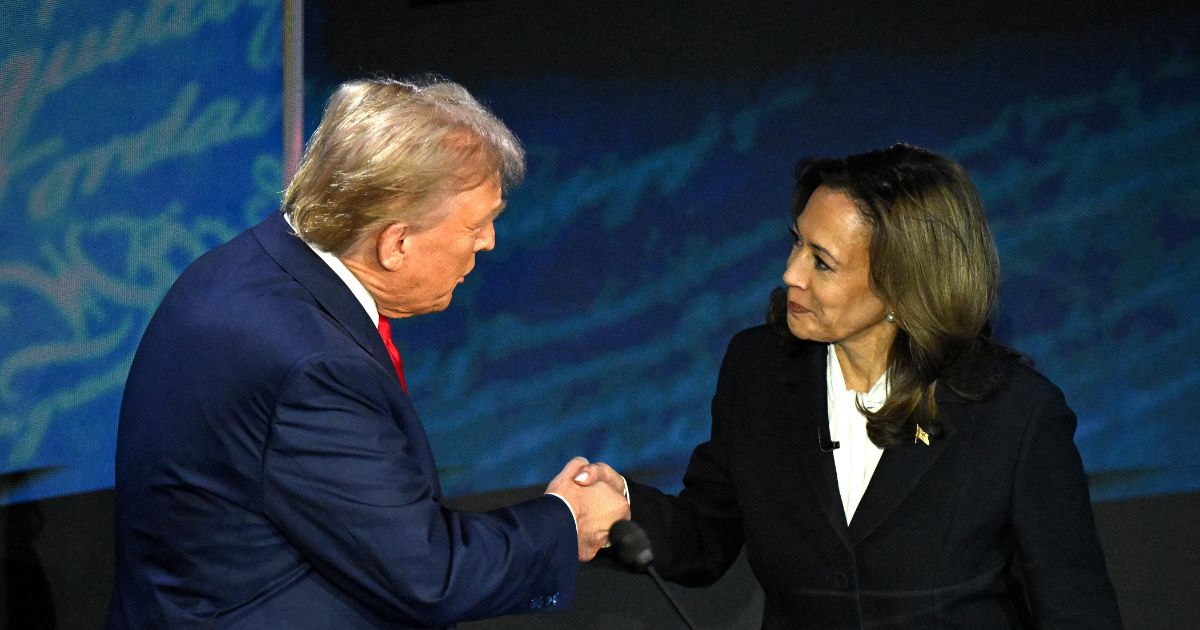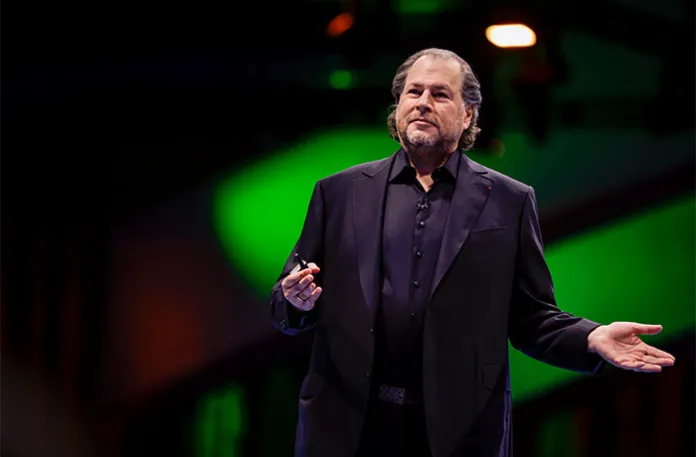Pro-Hamas Rioters in D.C. Confirm J.D. Vance’s Perspective on America
The article discusses recent pro-Hamas protests in Washington, D.C., where demonstrators vandalized American symbols and expressed antisemitic sentiments. These actions highlight a broader debate about American identity and the nature of patriotism, as articulated by Republican Vice Presidential candidate J.D. Vance, who suggested that America is more than an abstract idea; it embodies a specific culture and shared history.
Vance faced criticism for asserting that to be American involves embracing core Christian values. The author argues against the so-called “Ellis Islander” view of America, which posits that anyone can become American solely by accepting a creed, without needing to adapt their customs or beliefs. This perspective underestimates the importance of cultural homogeneity, which the author claims has historically allowed America to absorb diverse populations through assimilation.
The piece warns against the consequences of failing to insist on assimilation, such as the manifestation of foreign tribal conflicts within American society, as evidenced by the recent protests. Furthermore, it suggests that without a shared cultural foundation, societal divisions deepen, leading to challenges in maintaining a cohesive republic. The article critiques contemporary leftist views that reduce America to an abstract concept, arguing that genuine self-governance requires some degree of cultural and civic unity.
When pro-Hamas rioters on Wednesday ripped down and burned the American flag outside Union Station in Washington, D.C., and defaced nearby monuments with antisemitic, Islamic terrorist graffiti, they unintentionally made a case for what Republican vice presidential candidate J.D. Vance said at the RNC last week: that America isn’t just an idea, but a place and a people with a shared history and a common future.
Vance ruffled some feathers when he said that, provoking instant outrage and, predictably, vague accusations of racism. Even Vance’s simple desire to be buried in his family cemetery in Kentucky — a commonplace of human existence across millennia — was greeted with sneers from the corporate press about how it was an “Easter egg of white nationalism,” as one MSNBC pundit said.
But what he said wasn’t racist, it was simply common sense — or at least it once was. We’ve become accustomed to thinking and speaking about America as if it’s merely an idea, nothing more than an abstract proposition divorced from a particular people’s history and culture. One might charitably call this the Ellis Islander view of America, that anyone from anywhere in the world can come here and become an American because we aren’t defined by ethnicity or tribe or ancestry, but by creed. If you accept the creed, you can become an American.
In a narrow sense, this is at least partly true. We are a propositional nation, but as I noted at the NatCon conference earlier this month, most people who invoke that idea are confused about what the proposition is. It’s not just “all men are created equal,” but the source of that proposition, which is Christianity and all that comes with it.
That is to say, the proposition at the heart of America is that the American people, wherever they come from originally, must affirm and embrace the core tenants of the Christian faith, without which the proposition “all men are created equal” is just nonsense.
What happens when we misapprehend the nature of America’s creed is that we slip into the Ellis Islander view of America and begin to suppose that anyone from any culture or religion can come here and become American without changing anything about their customs, beliefs, or behaviors. This is where we get the worn-out slogan that “diversity is our strength,” a statement devoid of meaning deployed as a substitute for an actual argument.
This is also how we misunderstand what the “melting pot” metaphor we were taught as schoolchildren actually means. America as a melting pot doesn’t mean we all become people from nowhere, with no past and no culture. It means that newcomers must melt into the mainstream of American life and assimilate, shedding whatever customs and ideas from their homeland are incompatible with our way of life.
For a long time in this country, we knew that America actually has a way of life, that it is something more than just an economic arrangement, a live-and-let-live zone of wealth accumulation. It’s a people, as Vance said, with a shared past and a common future. Immigrants can of course become part of that people, but they have to change their ways to do it. Cultural (and yes, religious) homogeneity, not diversity, is actually our strength, and in the first two centuries of our history, it’s what enabled us to absorb and assimilate peoples from all over the word. But the crucial thing was that we insisted on absorption and assimilation.
If we don’t insist on this, we end up with the situation we now have: terrorist sympathizers burning our flag on the streets of the nation’s capital, chanting violent antisemitic slogans, and clashing with the police. Without a proper understanding of what the proposition is at the heart of the American republic, we end up importing all the tribal conflicts of foreign lands and hashing them out on the streets of our cities.
We also end up with our own domestic Balkanization: pride flags on every crosswalk, endlessly multiplying identities, and the return of racial segregation in our institutions — this time under the dubious auspices of “equity” and “inclusion.”
You simply can’t have a republic under those conditions. You need homogeneity on fundamental questions before you can establish and maintain something like the American republic, which is now unraveling before our eyes. Our leaders, especially on the left, have for decades rejected the idea that America is anything more than an abstraction, or that we need a certain amount of cultural and civic homogeneity for our experiment in self-government to work.
Vice President Kamala Harris released a statement condemning the description of the American flag by “unpatriotic protesters,” and asserting, “Antisemitism, hate, and violence of any kind have no place in our nation.” But her condemnation is insincere and devoid of meaning. The multicultural, Ellis Islander view of America she espouses is largely responsible for the violence and hate she claims to deplore.
But of course our political divisions today stem from division that precedes the political. They are really religious divisions because they concern pre-political questions about the nature of God and man. We say and believe that “all men are created equal” because our founders embraced the Christian doctrine of imago Dei, that all men are created in the image and likeness of God. Hence, in a just political regime they must all be equal before the law.
The same is true of free speech and freedom of religion, and indeed all the freedoms we’ve enshrined in our polity. They all have as their source the Christian gospel, and without a Christian people living out and passing on that culture down the generations, they cannot be maintained. We’re seeing that now, and we’re going to see a lot more of it in the years to come.
John Daniel Davidson is a senior editor at The Federalist. His writing has appeared in the Wall Street Journal, the Claremont Review of Books, The New York Post, and elsewhere. He is the author of Pagan America: the Decline of Christianity and the Dark Age to Come. Follow him on Twitter, @johnddavidson.
" Conservative News Daily does not always share or support the views and opinions expressed here; they are just those of the writer."




